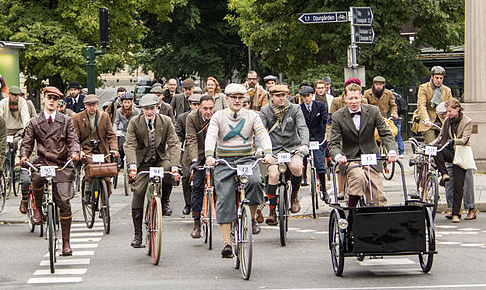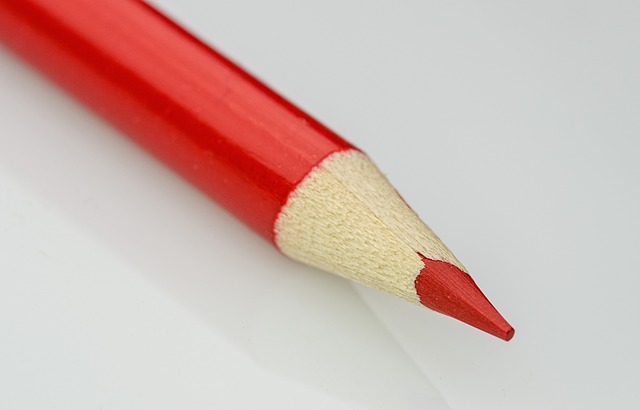-
3-minute read
-
28th August 2017
Word Choice: Lead vs. Led
‘Lead’ sounds exactly the same as ‘led’, which is the past tense of ‘lead’. However, this second ‘lead’ isn’t pronounced the same way as the first ‘lead’. Confused yet? We don’t blame you.
The various definitions of ‘lead’ mean it’s easy to make mistakes. But if you follow our ‘lead’ in this blog post, you should feel confident about avoiding errors in the future!
Lead as a Verb (Guidance, Control and Winning)
The word ‘lead’ has many uses as a verb. We can group some of these under the category of guiding, influencing or showing the way to something. For example, we could say:
The path leads to the front door.
Current emissions will lead to increased global warming.
Sometimes, the verb ‘lead’ can also mean ‘occupy a winning position’ or ‘live’:
We were leading by two goals at half time.
I try to lead a quiet life.
Despite the variation, ‘lead’ is always pronounced to rhyme with ‘feed’ when used as a verb.

(Photo: Stefan Schäfer, Lich/wikimedia)
Lead as a Noun (Winning Positions, Cables and Metal)
Some of the above definitions of ‘lead’ have noun forms, too (also pronounced to rhyme with ‘feed’). A winning position in a race or competition, for example, is a ‘lead’:
She was in the lead throughout the race.
Likewise, something that guides, controls or influences something can be described as a ‘lead’:
The detective solved the case after following several promising leads.
They needed to walk the dog, but they couldn’t find his lead.
Furthermore, ‘lead’ is also a term for an electrical wire or cable:
Find this useful?
Subscribe to our newsletter and get writing tips from our editors straight to your inbox.
Subscribe to Beyond the Margins and get your monthly fix of editorial strategy, workflow tips, and real-world examples from content leaders.
The computer was missing its lead, so she couldn’t plug it in.
However, an unrelated noun use of ‘lead’ refers to a heavy, soft metal:
The house was made with lead piping.
The graphite in a pencil is known as ‘lead’ as well (this is because people originally thought graphite was a form of black lead). In these last two cases, ‘lead’ rhymes with ‘red’ and ‘bed’.

(Photo: B3R3N1C3)
Led (Past Tense of ‘Lead’)
‘Led’ is the past tense (or past participle) of the verb ‘lead’ in all cases. For example, if we were to rephrase some of the examples above, we could say:
The path led to the front door.
We led by two goals at half time.
I had led a quiet life until that fateful day…
In all of these cases, ‘led’ is pronounced to rhyme with ‘red’ and ‘bed’.

(Photo: tec_estromberg/flickr)
Lead or Led?
The main problem is that ‘lead’ (the metal) and ‘led’ (the past tense verb) sound the same. However, as long as you keep in mind that the verb ‘lead’ is always spelled ‘led’ in the past tense, you should be able to avoid mistakes. Remember:
Lead (verb, rhymes with ‘feed’) = To occupy a winning position or guide something
Lead (noun, rhymes with ‘feed’) = A winning position or something that guides
Led (verb, rhymes with ‘red’) = Past tense of the verb ‘lead’
Lead (noun, rhymes with ‘red’) = A soft metal